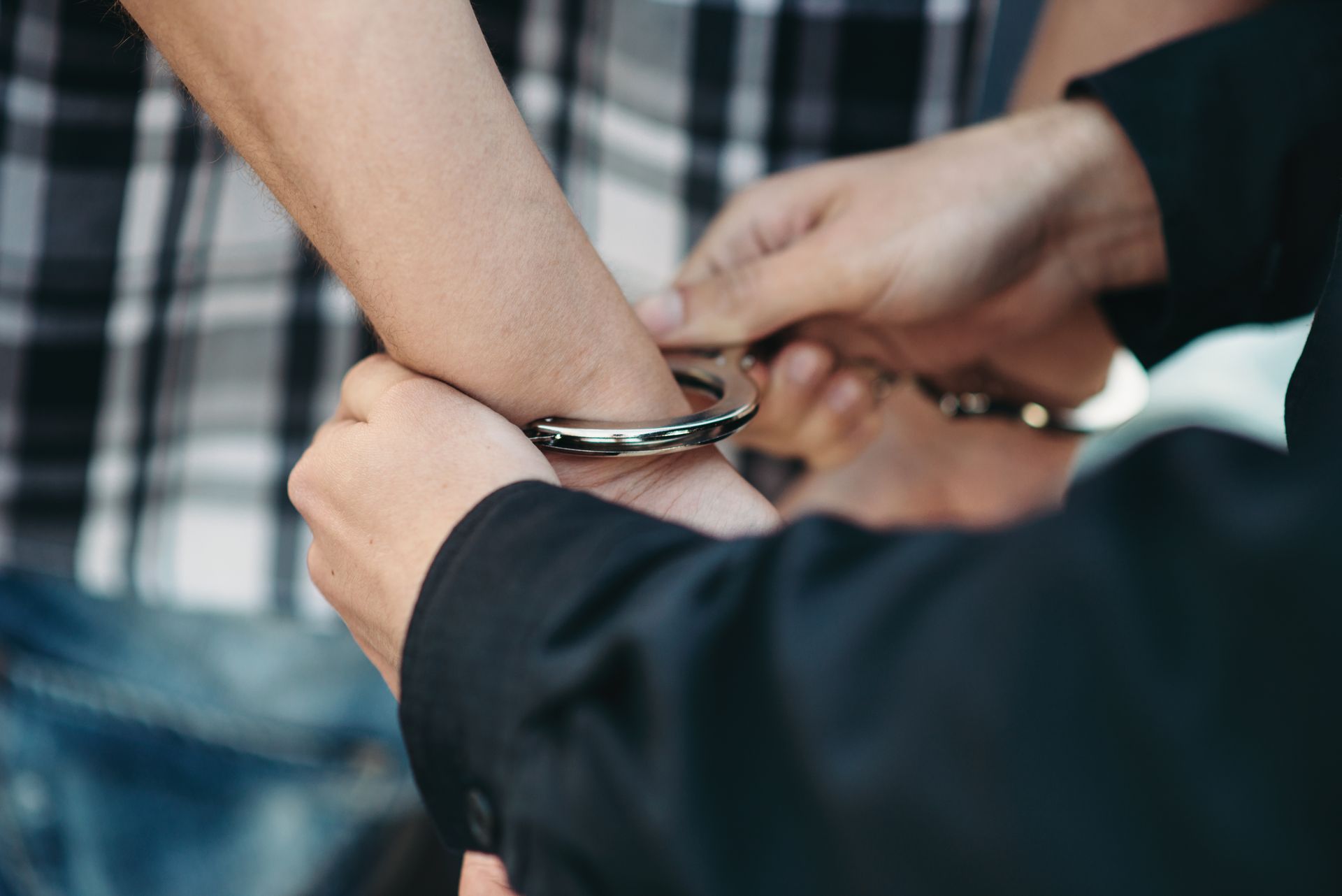Felony Battery Pursuant to Florida Statute 784.03
In the state of Florida, felony battery is a serious criminal offense that can result in severe penalties and consequences for individuals found guilty. Understanding statute 784.03, which outlines the laws governing felony battery in Florida, is crucial for both residents and visitors alike. This blog will explain the specifics of this statute, breaking down its key components to provide a thorough understanding of how these laws are enforced in the Sunshine State.
From defining what constitutes felony battery to exploring potential defenses and sentencing guidelines, we aim to help readers navigate felony battery laws in Florida. Whether you are facing charges related to this offense or simply seeking knowledge on legal matters, this blog offers a detailed roadmap for statutory provisions and ensuring compliance with relevant regulations.
Elements of Felony Battery in Florida
Intent to Cause Harm: To be charged with felony battery in Florida, the perpetrator must have intended to cause harm or injury to another person. This intent can be proven through actions, words, or prior behavior indicating a violent mindset.
Actual Touching: The crime of felony battery requires that there was actual physical contact between the defendant and the victim. This can include hitting, striking, pushing, or any other form of direct physical contact that results in harm.
Serious Bodily Injury: In order for a battery offense to qualify as a felony in Florida, the victim must have suffered serious bodily injury as a result of the incident. Serious bodily injury is defined as an injury that creates a substantial risk of death or causes permanent disfigurement or impairment.
These three elements—intent to cause harm, actual touching, and serious bodily injury—are crucial factors in determining whether a battery offense constitutes a felony under Florida law.
Penalties for Felony Battery Convictions
Prison Time: Individuals convicted of felony battery in Florida may face significant prison time, typically ranging from 5 to 30 years depending on the circumstances of the case. This is a serious offense that can result in lengthy incarceration.
Fines and Fees: In addition to prison time, those convicted of felony battery may also be required to pay substantial fines and fees. These financial penalties can add up quickly and have long-lasting consequences on an individual's finances.
Criminal Record: A felony battery conviction can have lasting implications on a person's criminal record, potentially affecting their ability to secure employment, obtain housing, or even maintain custody of their children. It is crucial to understand the gravity of these consequences when facing charges related to felony battery in Florida.
Potential Defenses for Felony Battery Charges
- Self-Defense: One of the most common defenses against felony battery charges is self-defense. If you can prove that you were
acting in self-defense and used reasonable force to protect yourself from imminent harm, this could be a strong defense in court.
- Lack of Intent: Another potential defense is proving that you did not have the intent to cause harm or injury to another person. If it can be shown that the contact was accidental or unintentional, this could help negate the felony battery charges.
- Consent: In some cases, if the alleged victim consented to the physical contact or altercation, this could serve as a defense against felony battery charges. However, it's important to establish clear evidence of explicit consent before relying on this defense strategy.
Enforcement of Felony Battery Cases in Florida
- Law enforcement agencies in Florida take
felony battery cases seriously.
- If a person is accused of committing felony battery, they may be arrested by the police.
- The state attorney’s office will then review the case to determine if there is enough evidence to prosecute.
Steps in the Prosecution Process:
- Investigation: Police gather evidence, interview witnesses, and collect information related to the alleged crime.
- Charging Decision: The state attorney decides whether to file formal charges based on the evidence gathered during the investigation.
- Court Proceedings: If charges are filed, the defendant will go through court proceedings which may include arraignment, pretrial hearings, trial, and sentencing.
Enforcing and prosecuting felony battery cases in Florida involves a thorough investigation by law enforcement followed by legal action taken by the state attorney's office. It is crucial for individuals accused of such crimes to seek legal representation and understand their rights throughout the prosecution process.
Let Hanlon Law Take on Your Battery Case in Orlando, FL
If you or someone you know is facing charges related to battery in Orlando, FL, it's crucial to seek legal representation from an experienced criminal defense attorney. At Hanlon Law, we have the best of the best criminal defense attorneys who are trained and ready for any tactic. If you are in need of a criminal defense attorney, contact us today.
Hanlon Law
300 S Orange Ave Ste 1160
Orlando, FL 32801
(407) 987-3836












